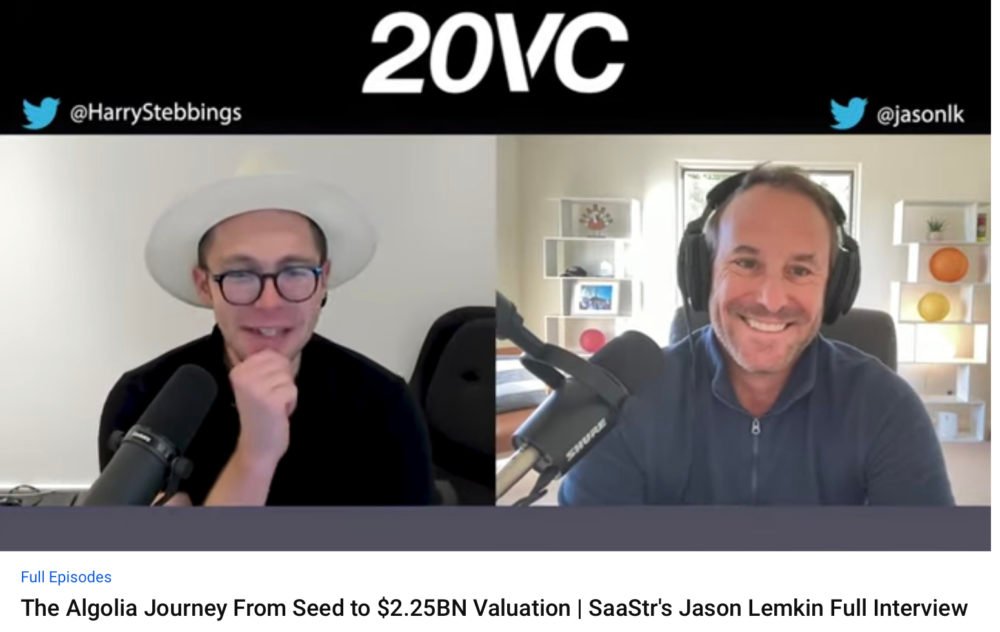The Investments Where I’m Going to Lose All My Money

[ad_1]
Content
When I first started writing venture checks in 2013, I didn’t have much experience, but I had some early successes:
- First was Pipedrive co-leading seed, then acquired for $1.5B cash
- Second was Algolia leading U.S. seed, now at $200m+ ARR and an IPO candidate
- Third was Greenouse/Parklet, acquired for $800m and now at $200m ARR
- Fourth was Salesloft, acquired for $2.5 Billion cash
- Fifth was Logikcull, acquired for $300m cash
Since then, I’ve had some other successful investments, but also some that haven’t turned out as well. The year 2021 made everything look great, but 2024 revealed a different story.
Now I expect to lose money on some deals, which is part of the model. However, I’ve realized why some investments may result in a complete loss.
The top reasons an investment has turned out to be a Zero:
#1. Any misrepresentation about the financials, no matter how small
If financials are misrepresented, even slightly, it can lead to a complete loss of investment. Overstating revenue or falsely claiming closed contracts can have detrimental effects.
#2. If founders hid anything in the round and/or in diligence, almost no matter how trivial
Founders hiding important information like churn rates or co-founder departures can be a red flag. This lack of transparency can lead to further issues and potential losses.
#3. If the founders refuse to get the burn rate under control
Founders not managing the burn rate effectively can put investments at risk. This issue may not always result in complete losses but can significantly impact returns.
#4. If I relied on anyone else being in the round or having already invested, unless they said it was clearly the best deal they are in right now
Relying on other investors’ presence in a round can be a mistake. Basing investment decisions solely on this factor can lead to complete losses.
#5. Not Actually SaaS. Pseudo SaaS but Not Actually SaaS.
Avoiding investments in pseudo-SaaS companies is crucial. While they may initially appear promising, these types of businesses often struggle to scale effectively.
Despite these challenges, successful investments will outweigh the losses in the long run. While these losses can be significant, they were entirely avoidable, which is a lesson to remember.









